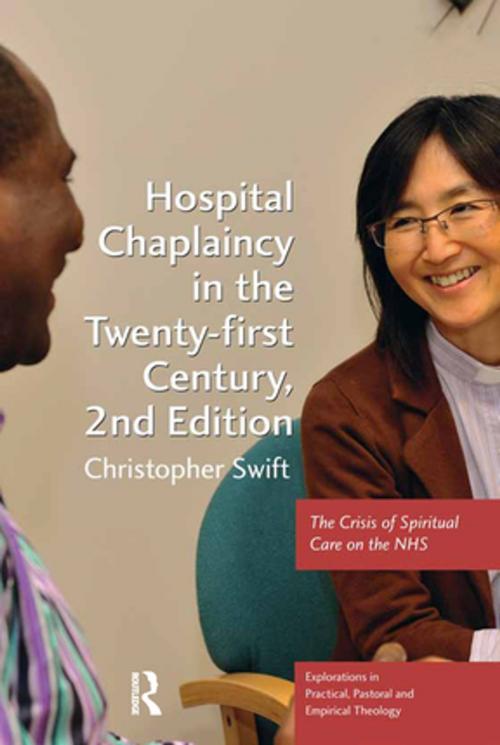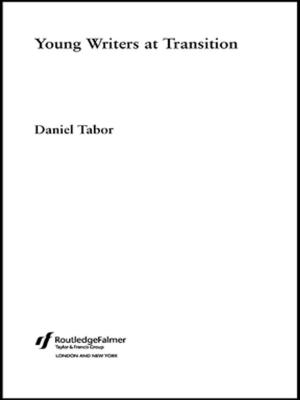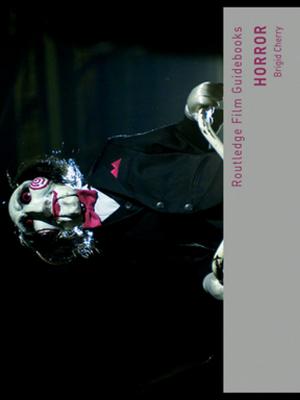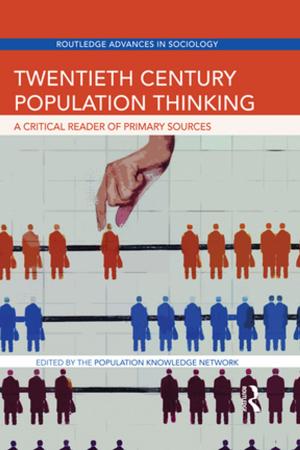Hospital Chaplaincy in the Twenty-first Century
The Crisis of Spiritual Care on the NHS
Nonfiction, Religion & Spirituality| Author: | Christopher Swift | ISBN: | 9781317121176 |
| Publisher: | Taylor and Francis | Publication: | July 22, 2016 |
| Imprint: | Routledge | Language: | English |
| Author: | Christopher Swift |
| ISBN: | 9781317121176 |
| Publisher: | Taylor and Francis |
| Publication: | July 22, 2016 |
| Imprint: | Routledge |
| Language: | English |
Issues of faith and spirituality have been resurgent in the UK since the opening of the twenty-first century. This book charts the impact of shifting attitudes towards spirituality through the experiences of health care chaplains. Rooted in a new and challenging interpretation of the chaplain's work in the past, the book moves on to describe a current crisis in the nature of spiritual care. Using the tools of practical theology to analyze these experiences, fundamental problems are identified for chaplains as they work within the culture of 'evidence based practice'. As the National Health Service struggles to balance its books in the face of national economic uncertainty, chaplains will continue to come under increasing levels of scrutiny. Some chaplains have faced the prospect of redundancy or cuts to their budgets, while a growing number of NHS Trusts no longer offer chaplaincy to patients out of hours. In this context the nature of chaplaincy itself has come into question, and rival models of the profession have emerged. Is chaplaincy a new and distinct profession within health care, based on evidence and available to all? Or is it State-funded religious activity, theoretically open to all but in practice utilized chiefly by the faithful few? In responding to these questions the book concludes with a vision of how chaplaincy can both maintain its integrity - and be a valued part of twenty-first century health care.
Issues of faith and spirituality have been resurgent in the UK since the opening of the twenty-first century. This book charts the impact of shifting attitudes towards spirituality through the experiences of health care chaplains. Rooted in a new and challenging interpretation of the chaplain's work in the past, the book moves on to describe a current crisis in the nature of spiritual care. Using the tools of practical theology to analyze these experiences, fundamental problems are identified for chaplains as they work within the culture of 'evidence based practice'. As the National Health Service struggles to balance its books in the face of national economic uncertainty, chaplains will continue to come under increasing levels of scrutiny. Some chaplains have faced the prospect of redundancy or cuts to their budgets, while a growing number of NHS Trusts no longer offer chaplaincy to patients out of hours. In this context the nature of chaplaincy itself has come into question, and rival models of the profession have emerged. Is chaplaincy a new and distinct profession within health care, based on evidence and available to all? Or is it State-funded religious activity, theoretically open to all but in practice utilized chiefly by the faithful few? In responding to these questions the book concludes with a vision of how chaplaincy can both maintain its integrity - and be a valued part of twenty-first century health care.















